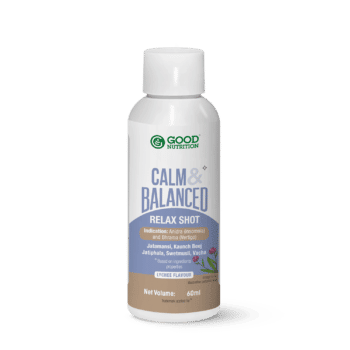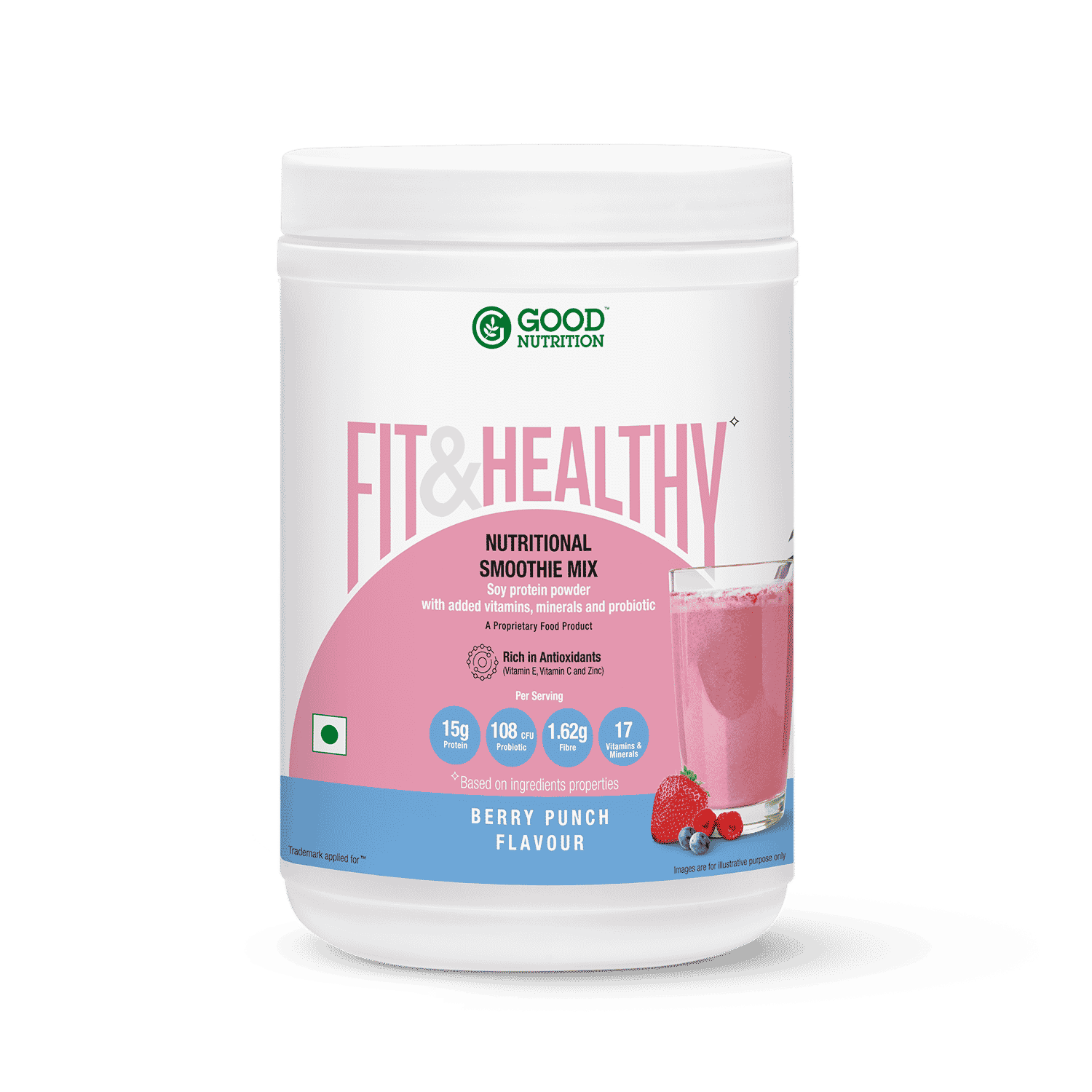The Hidden Pandemic: Tackling Stress and Anxiety in the COVID-19 Age
Today’s generation has increased stress and anxiety and the causes for it are many. This has increased further with the covid-19 pandemic.
The emergence of COVID-19, with its rapid spread, has exacerbated anxiety in populations globally, leading to mental health disorders in individuals.
In the first year of the COVID-19 pandemic, there was a massive 25% increase in the global prevalence of anxiety and depression, according to a scientific brief released by the World Health Organization (WHO).
So, what has caused this rise in anxiety and depression during covid-19
There were multiple stressors during pandemic that has increased anxiety and depression in people. The social isolation resulting from the pandemic, loneliness, fear of the pandemic, fear of losing loved ones, stress of adjusting to the work from home environment, unemployment, managing children at home has all caused tremendous pressure on the mental health of people.
Among health workers, exhaustion has been a major trigger for suicidal thinking.
Who were the worst hit population?
World Health Organization (WHO) report reveals that younger people were at higher risk of self-harming behaviours due to anxiety, stress and depression. Additionally, women were much more affected than males and people with pre-existing health conditions like asthma, heart disease, cancer were more likely to develop mental health issues.
Since then, a lot of awareness through different media about mental health care services and the need to empathize and work on your mental health has been emphasized. If you have stress symptoms, taking steps to manage your stress can have many health benefits. Explore stress management strategies, such as:
Eat a healthy and balanced diet
Your diet affects every aspect of your health, including your mental health. Studies show that people who follow a diet high in ultra-processed foods and added sugar are more likely to experience higher perceived stress levels. Having a balanced diet with no processed foods helps maintain a fitter body and a healthy mind.
Make exercise your habit
Exercise has numerous critical health benefits – but it also helps your body relax into sleep. When you exercise, your body releases endorphins that naturally make you feel good.
Limit your caffeine intake.
Decrease tobacco and alcohol use and limit your caffeine intake.
Minimize phone use and screen time
Aim to find active ways to manage your stress. Inactive ways to manage stress — such as watching television, surfing the internet or playing video games — may seem relaxing, but they may increase your stress over the long term.
Learn a few relaxation techniques
Take time to let your mind and body unwind – with deep breathing, relaxing stretches, and mindful meditation.
Stay close to nature
Nature has healing power, so it is advised to people suffering from stress and anxiety to spend time outside in nature that helps them relieve stress and anxiety.
Practice self-care
Setting aside time for hobbies, such as reading a book or listening to music, preparing a healthy meal, getting a massage etc.
Stay Socially Connected with people.
Social support from friends and family may help you get through stressful times and cope with stress
Get plenty of sleep
Make every effort to go to sleep and wake up at the same time each day. This creates a sleep rhythm that your body will thank you for.
Learn to say no
Not all stressors are within your control, but some are. Putting too much on your plate may increase your stress load and limit the amount of time you can spend on self-care.
Taking control over your personal life may help reduce stress and protect your mental health.
Consider supplements
Take Good Nutrition Calm & Balanced Relax Shot (a natural stress relief supplement)
Good Nutrition Calm & Balanced Relax Shot is a unique combination of herbal extracts from traditional Indian herbs like Kaunchbeej, Jatamansi, Jatiphala, Safed Musli, Vacha and Sarpagandha. This exceptional blend relaxes your mind, calms your nerves, reduces stress, improves your quality and quantity of sleep and helps in overall rejuvenation, while minimising the feeling of fatigue.












